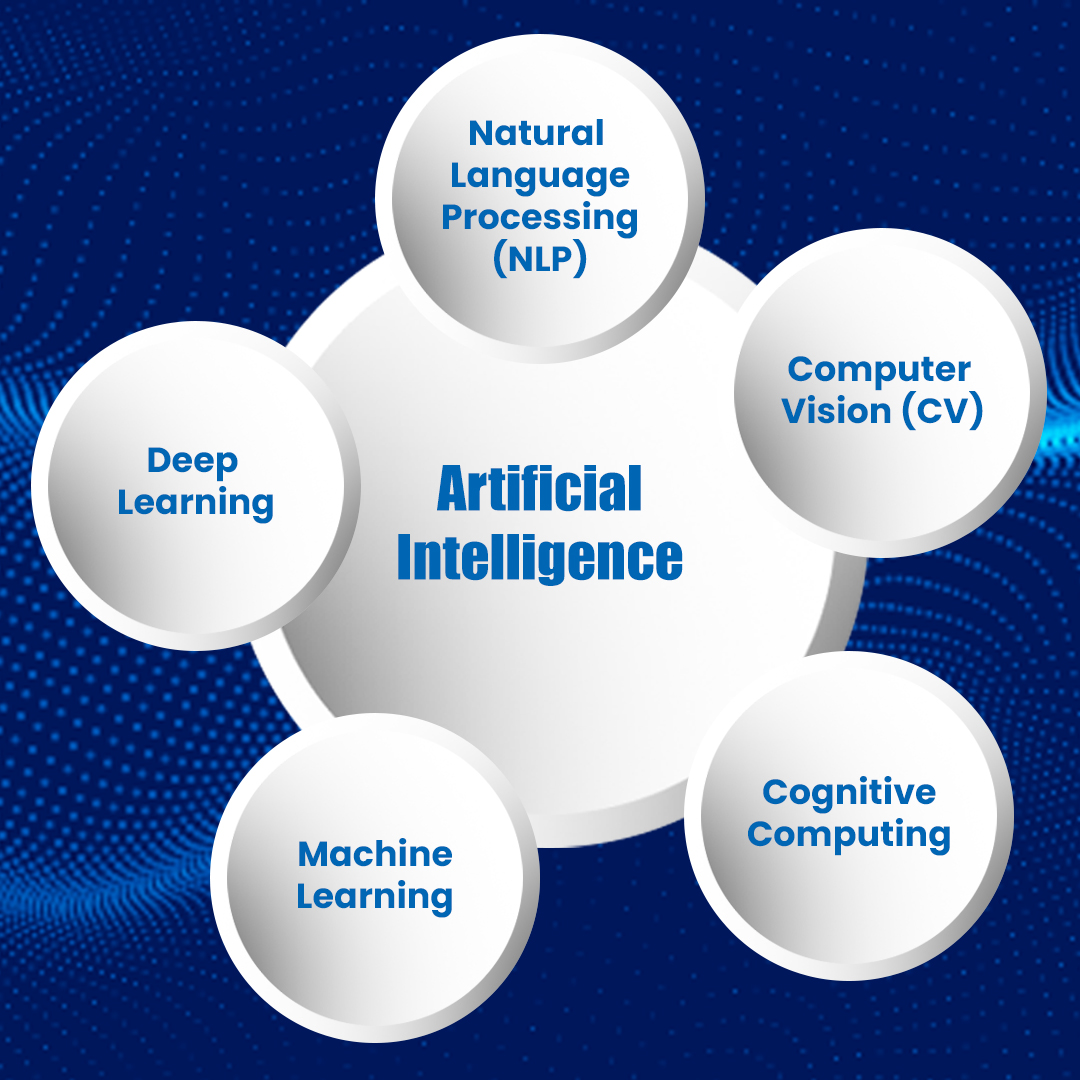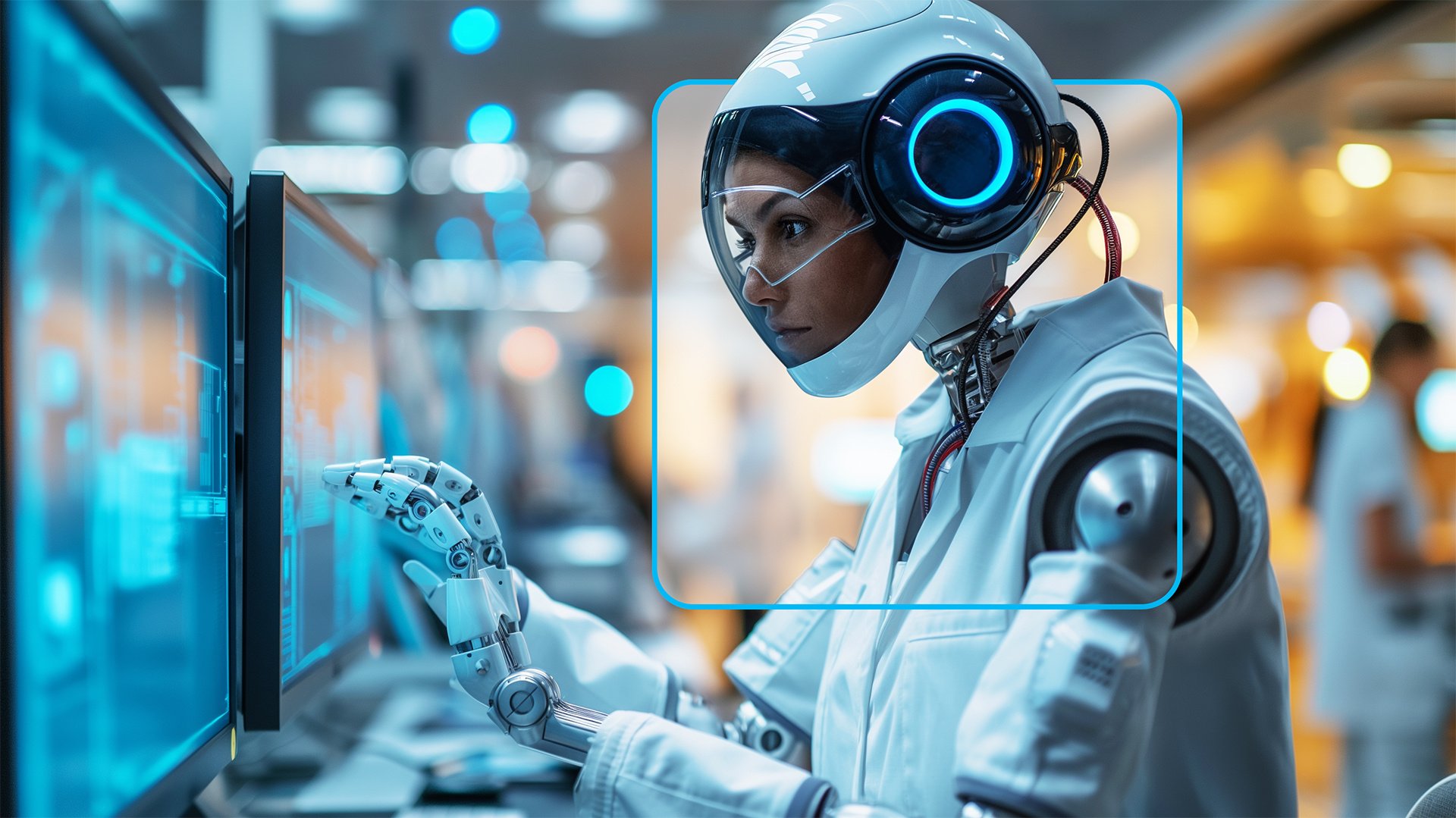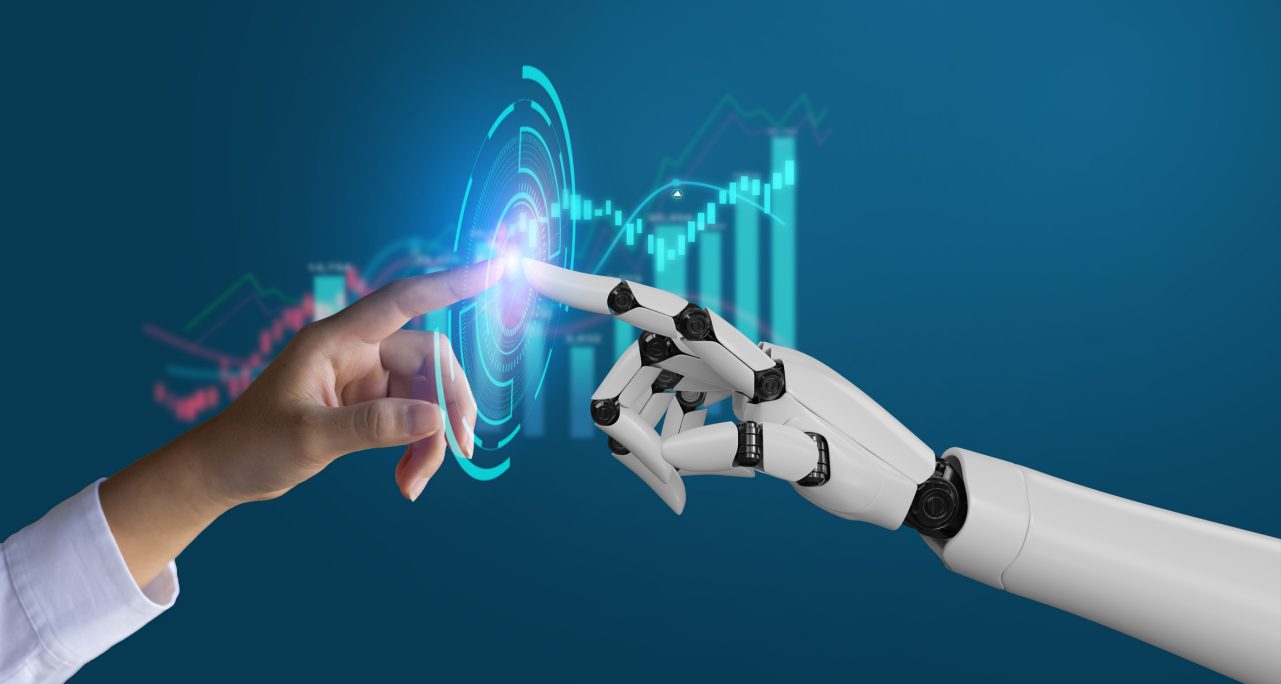Les poètes bizarres - Forum
C'est normal d'être bizarre !
Vous n'êtes pas identifié(e).
- Contributions : Récentes | Sans réponse
Pages : 1
#1 Ça me passe par la tête » * » 2025-02-13 05:35:07
- EbonyHorst
- Réponses : 0

Bill Gates believes there will come a time when artificial intelligence is clever enough to teach schoolchildren and experienced sufficient to treat the sick.
The creator and long time leader of Microsoft is thought about among the grandpas of modern computing, and current advances in AI development has him considering what people' lives might be like in a not-so-distant future dominated by makers.
Gates made his frightening predictions about an AI-led world throughout a look on the Tuesday edition of Jimmy Fallon's late night talk program.
'The age that we're simply beginning is that intelligence is unusual, you know, a fantastic doctor, a terrific instructor,' Gates said. 'And with AI, over the next decade, that will become totally free and prevalent. Great medical guidance, terrific tutoring.'
'And it's extensive since it resolves all these specific problems, like we do not have adequate doctors or mental health professionals, however it brings with it a lot modification.'
Gates questioned whether individuals will even have to work the conventional five-day, 40-hour work week that's been the norm in America considering that the late 1930s.
'Should we simply work 2 or 3 days a week?' he asked. 'So I like the method it'll drive development forward, but I believe it's a bit unidentified if we'll be able to form it. And so, legitimately, people resemble "wow, this is a bit scary." It's totally brand-new territory.'
Gates is aware of AI's prospective to take over the human race more than the majority of, as he signed an open letter in 2023 that claimed AI is a societal-scale danger on the level of pandemics and nuclear war.
Bill Gates, creator lespoetesbizarres.free.fr of Microsoft, said on Jimmy Fallon's late night show that AI will eventually be clever sufficient to be stand-ins for physicians and instructors
Fallon responds with shock after Gates tells him human beings won't be required 'for many things' when AI advances past a certain point
Other prominent signatories from the AI industry included OpenAI CEO Sam Altman, Anthropic CEO Dario Amodei and Google DeepMind CEO Demis Hassabis.
Fallon then asked the concern that was most likely on everybody's mind: 'I suggest, will we still need people?'
'Uh, not for the majority of things,' Gates said, prompting Fallon to put his hands as much as his mouth in shock.
'Really?!' Fallon said.
'Well, we'll choose. You know, baseball. We won't desire to see computer systems play baseball,' Gates said. 'There will be some things we'll reserve for ourselves.'
Miquel Noguer Alonso, the creator of the Artificial Intelligence Finance Institute, shared a very comparable belief to Gates in an interview with DailyMail.com.
'What is fun is to have 2 humans playing chess, or more humans playing football or baseball,' said Alonso, a professor at Columbia University's engineering department.
But in Gates' evaluation, AI will progressively be used to increase efficiency to heights that were when believed to be impossible.
'In terms of making things and moving things and growing food, with time those will basically be resolved issues,' he said.
There has not yet been a clear push from governments worldwide to control AI or the unfavorable consequences it could bring, like removing entire markets and putting millions out of work.
The closest humankind has pertained to dealing with the dangers of AI is through an annual top that's been going on given that 2023.
These meetings are participated in by heads of state and executives at major business, who talk about things like worldwide AI governance and how human employment will move in an AI-dominated world.
The next event, called the AI Action Summit, will be held in Paris on February 10 and 11.
All 3 of these guys, thought about titans in the synthetic intelligence market, signed the 2023 Statement on AI Risk, acknowledging the innovation's potential for destruction (From L-R, OpenAI CEO and cofounder Sam Altman, Anthropic CEO Dario Amodei and Google DeepMind CEO Demis Hassabis)
Much of the attention on AI advancement in recent weeks is thanks to DeepSeek, a Chinese AI chatbot
Much of the attention on AI development in current weeks is thanks to DeepSeek, a Chinese AI chatbot that can outshine some of its finest competitors, such as OpenAI's ChatGPT o1.
Based upon disclosures from DeepSeek, the company invested 2 months and $5.6 million to develop the large language design that undergirds its chatbot.
To put that in perspective, it took OpenAI seven years from its founding in 2015 to launch the very first version of ChatGPT.
And Altman, who cofounded OpenAI together with Elon Musk and numerous others, has said that it cost more than $100 million to train GPT-4. That's 17 times what DeepSeek claimed to have actually spent.
DeepSeek also damaged the long-held mantra from executives and financiers that generating the best variety of costly, innovative computer system chips to develop your AI design would instantly make it the very best.
In a term paper, DeepSeek said it trained its V3 chatbot in just two months with a bit more than 2,000 Nvidia H800 GPUs, chips developed to abide by export constraints the US placed on China in 2022.
By comparison, Musk's xAI is running 100,000 of Nvidia's more advanced H100s at a computing cluster in Tennessee. These chips typically retail for $30,000 each.
This revelation that there may be a future in which less Nvidia chips will be needed tanked Nvidia shares more than 17 percent in a single trading session.
The AI industry is incredibly fast-moving, much like the tech market, however even much faster. Because of that, Alonso told DailyMail.com the biggest gamers in AI today are not ensured to remain dominant, especially if they don't constantly innovate.
Pages : 1